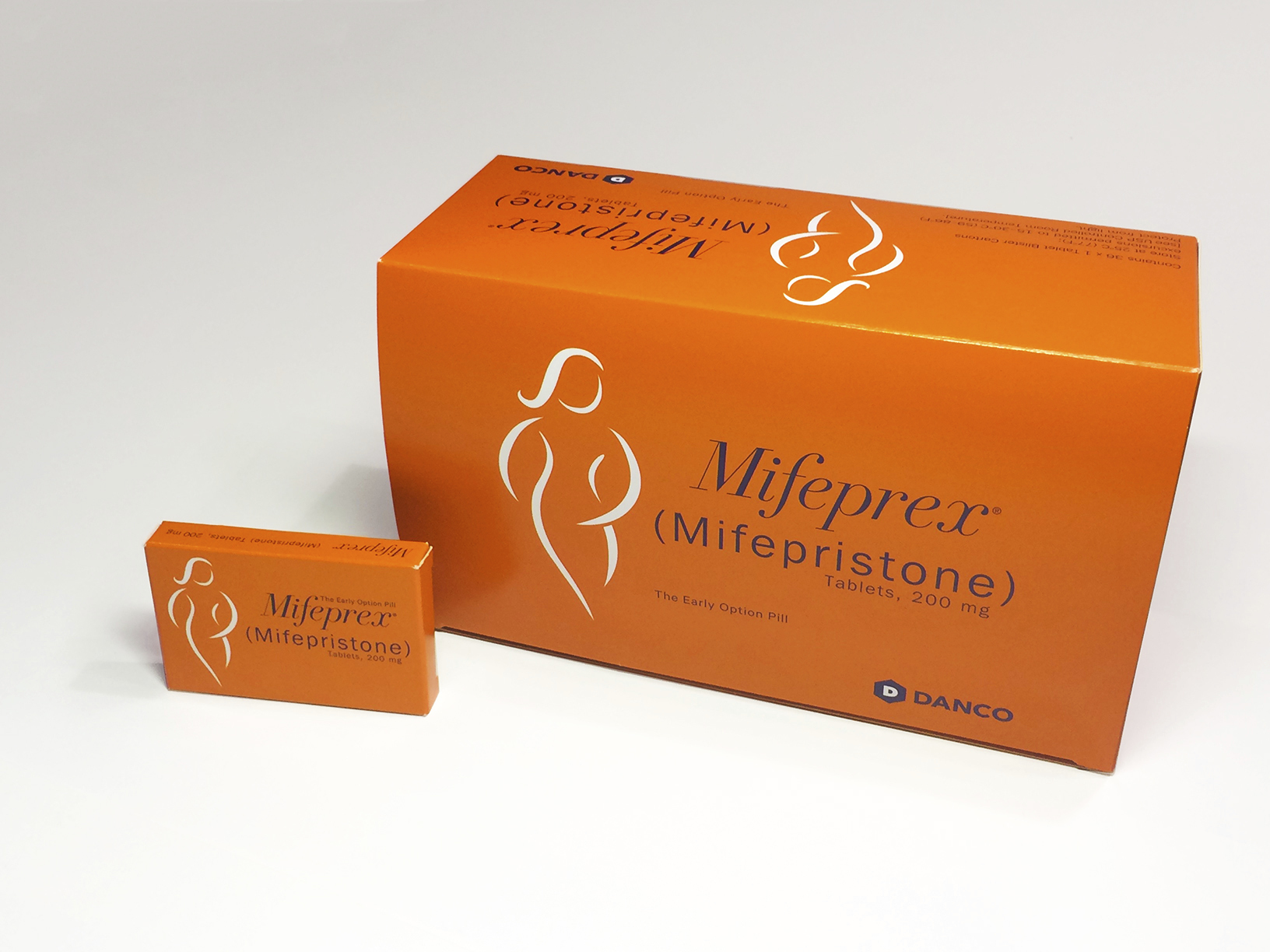New York (AP) – The so-called abortion pill – now dispensed only in clinics, hospitals and doctors’ offices – should be made available by prescription in pharmacies across the U.S., according to a group of doctors and public health experts urging an end to tough federal restrictions on the drug.
The appeal to the Food and Drug Administration came in a commentary published Wednesday in the New England Journal of Medicine. Among the 10 co-authors were doctors and academics from Stanford, Princeton and Columbia universities, as well as leaders of major reproductive-health organizations.
The restrictions have been in place since the drug, mifepristone, was approved for use in the U.S. in 2000. They stipulate that the drug, marketed as Mifeprex, may not be sold in pharmacies and that all providers of the drug undergo a special certification process.

“The restrictions on mifepristone are a shameful example of overregulation run amok,” said one of the authors, Dr. Beverly Winikoff of the New York-based research organization Gynuity Health Projects. “Women and their health providers shouldn’t have to jump through hoops to get a medication that’s been safely and effectively used in this country for a decade and a half.”
According to the commentary, 19 deaths have been reported to the FDA among the more than 3 million women who’ve used Mifeprex in the U.S. since 2000, a mortality rate lower than for pregnancy-related deaths among women.
Asked about the commentary, the FDA’s media office referred a reporter to a 2016 document asserting that the restrictions on Mifeprex remain necessary for safety reasons. The office declined further comment.
According to the latest federal figures, medical abortions – generally a two-pill regimen using Mifeprex and the drug misoprostol – accounted for about 22 percent of abortions in the U.S. in 2013. Surgical procedures accounted for nearly all the other abortions.
The new commentary suggested that lifting the FDA restrictions would likely increase the number of doctors willing to prescribe Mifeprex, since they would no longer have to stock the drug in their office and would no longer have to be on a list of certified abortion providers. Easing the rules also might help make medical abortion more available via telemedicine to women in rural areas who live far from the nearest abortion facility, the authors said.
Overall, the change would enable more women to have abortions relatively early in their pregnancy, when both risks and costs are lower, said one of the authors, Dr. Paul Blumenthal of the Stanford University School of Medicine.
“I don’t think it will increase the number of abortions,” he said. “It will just make them safer and more accessible.”
Anti-abortion organizations, including the American Association of Pro-Life Obstetricians and Gynecologists, remain opposed to steps that would ease regulation of the abortion pill.
“It is a dangerous fantasy to think that unsupervised use of Mifeprex could be construed as anything but harmful to the health and safety of women due to increasing complications, hemorrhages, infections, and failures that occur as the pregnancy progresses,” said the association’s executive director, Dr. Donna Harrison.
Blumenthal rejected this criticism.
“It’s not unsupervised – there’s a responsible physician who is overseeing this prescription,” he said. “Even with telemedicine, patients are given a list of places to go if something is awry.”




